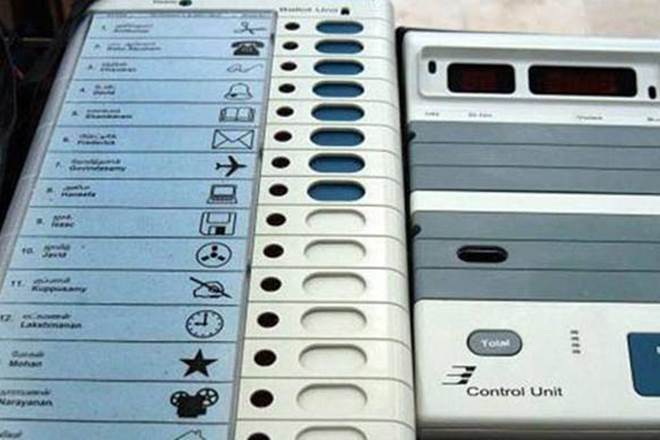Live Quality
Nation Building is a multidimensional concept, and it involves the active participation of its citizens in various walks of life. A strong and powerful nation is built on dedication and hard work of its citizen and some amount of smart planning on the part of the Government. There are various facets of Nation building among which the most important ones at this moment in time seems to be the tapping the potential of its human resource, reducing the social and economic disparity that exists in the society and creating an enabling environment, wherein individuals can live freely and attain their best in life.
The Beginnings of Public Participation
In the United States in the 1960s and 1970s, the public became much more concerned about and involved in governmental decision-making processes than they had been before. Pressures for increasing the level of public participation in government decision making at the local, state, and federal levels have led to a wide variety of processes that enable the public to learn about and have input into governmental decisions. While this has increased the confidence that the public has in its governmental decision-making process, it has also slowed that process down, and sometimes, almost brought it to a halt, as different groups clash over possible options.
Types of Public Participation
The most common (but often least effective) form of public participation is the public hearing. Here, government representatives give a presentation on a proposed decision, and then the public is asked to stand up and give short (1-3 minute) speeches indicating their thoughts on the proposal. Typically, only critics come to such hearings. Although the government agency can get a feel for the extent and nature of the opposition, public hearings rarely give a good indication of overall public opinion, nor do they yield good information about why people feel the way they do. Thus, they do not contribute effectively to problem solving or mutual cooperation.
Other forms of public participation may yield more helpful information, but they are all slower and/or more expensive. Advisory committees made up of citizens can better measure public opinion, though they require a level of commitment from the members that few people can provide. Also, citizen members often have different values than expert committee members. These value differences often lead to infighting, which may detract from the committee’s effectiveness.
In other word participation means responsible.
Responsible Is Being Able to Respond:
Becoming responsible gives you the freedom to have a creative response to every situation as it exists now. When you are trapped in a conditioned behavior, you are unaware, and therefore unable to make a different choice. When you choose to take personal responsibility for yourself and make conscious choices, you can bypass the unhealthy programs of your past conditioning. As Swami Vivekananda reminds us, “Karma is the eternal assertion of human freedom. . . Our thoughts, our words, and deeds are the threads of the net which we throw around ourselves.”
Expanding your awareness to witness your choices gives you the means to cut the binding net of your old, limiting actions and make a spontaneous and creative new choice.
Tags: Be Responsible Citizen










